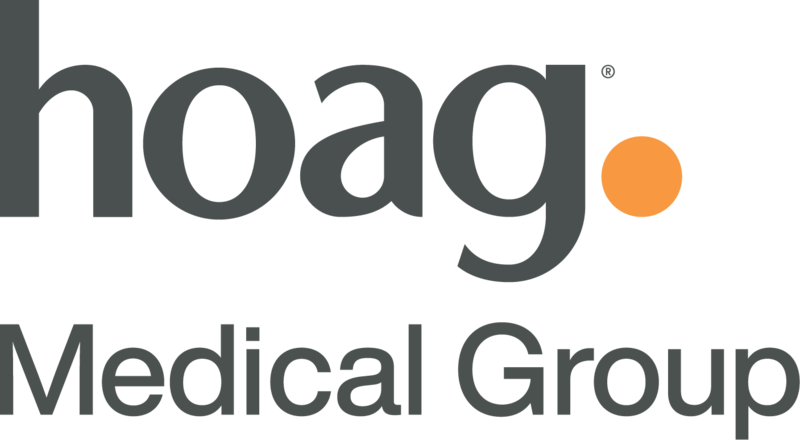
Photo Courtesy: Rolling Stone
To her fans, the heartbreaking news that Celine Dion is battling a condition that only affects about ‘one in a million’ people is, perhaps, no surprise. The iconic singer is in a lauded category of her own. It would take a rare condition to affect such a rare vocal treasure.
A disease is considered rare if it affects fewer than 200,000 people. According to the National Institutes for Health, that adds up to about 7,000 rare diseases.
“What people don’t always realize about rare diseases is how common it is for someone to be suffering from one. It sounds counter-intuitive, but one in about every 10 people are contending with a rare disease,” said Saulena Shafer, M.D., neurologist and director of the Salsbury Family Movement Disorders Program at Hoag’s Pickup Family Neurosciences Institute. “In fact, only a small handful of cancers are actually considered rare.”
Dion told her fans in an emotional video on Thursday that she is working with a sports medicine therapist to build back her strength. Her announcement illuminates the specialized work, dedication and resources necessary to contend with a rare disorder.
“Across every aspect of medicine, rare diseases and disorders challenge medical researchers and doctors,” Shafer said. “I applaud Celine Dion for her bravery in coming forward. Her announcement sheds an important light on the isolation and difficulty many people feel when contending with a rare condition.”
What do you need to know about rare diseases and disorders?
They Run in the Family: Many rare diseases are genetic. While some do not appear until later in life, others are apparent at birth. About two-thirds of Americans with rare diseases are children.
They Can Affect Any Part of the Body: From cystic fibrosis to Celine Dion’s stiff person syndrome, rare diseases and disorders can show up in any body system and across the medical spectrum.
“The breadth of rare diseases and disorders means that, at some point, every physician specialist has seen at least one,” Shafer said. “At Hoag, we offer patients access to the most advanced clinical trials, treatment options and technological innovations available.”
These rare diseases can make a person feel as though they are suffering alone. But, at Hoag, you’re not alone. Even for that “one in a million” patient, Hoag is by your side.
To learn more about Hoag’s Salsbury Family Movement Disorders Program, visit hoag.org/movement-disorders.









